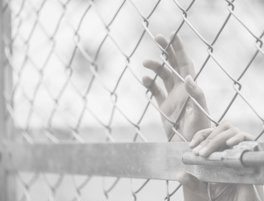What is the Human Rights Act?
The Human Rights Act is a UK law passed in 1998 that lets you defend your human rights in Court. It enables you to force government bodies, such as the police, prisons, the Home Office and local Councils to treat you with fairness, dignity and respect.
The Human Rights Act protects all of us and thousands of people use it to uphold their rights every single year. It can be used by every resident of the United Kingdom, whether a British citizen or a foreign national, a child or an adult, a prisoner or a member of the public.
For initial advice get in touch with our Human Rights Lawyers.
The Human Rights Act is based upon the European Convention on Human Rights. Some (not all) of those Rights include:
- The right to life
- The prohibition of torture and inhuman treatment
- Protection against slavery and forced labour
- The right to liberty and freedom
- The right to a fair Trial and no punishment without law
- Respect for privacy and family life and the right to marry
- Freedom of thought, religion and belief
If you can show that your rights have been interfered with, you can take legal action. This could include taking the police, prison service, the Home Office or a Local Authority to Court to protect your rights, seek compensation and receive an apology. Sometimes the Court may make a declaration that the actions of the authority were wrong, in which case the government may have to change the law.









